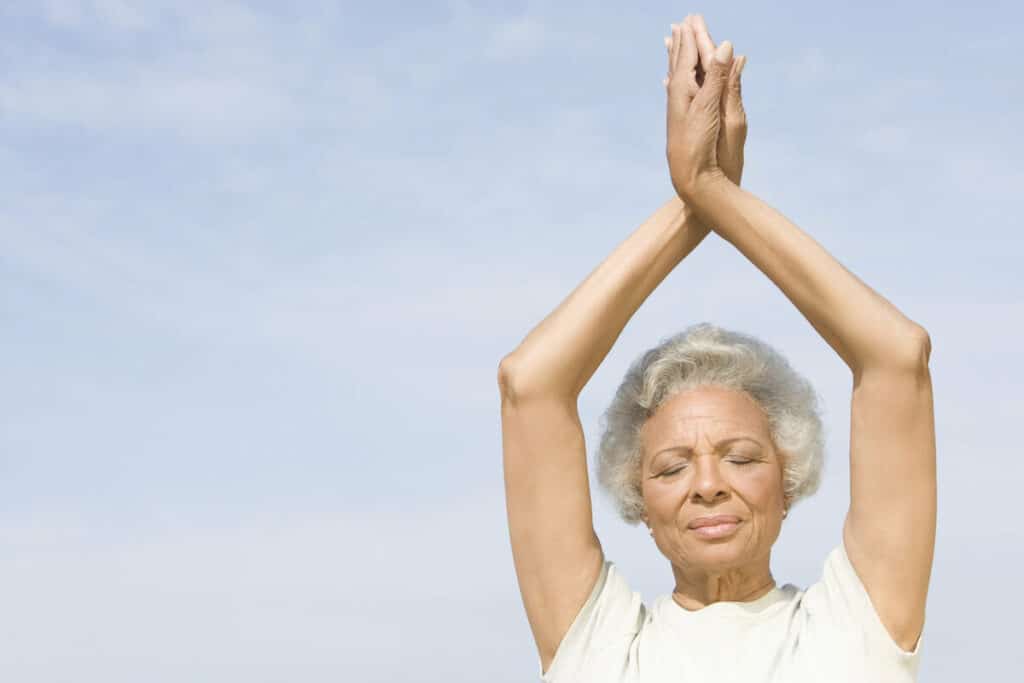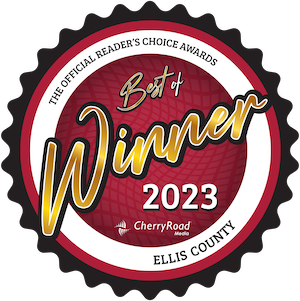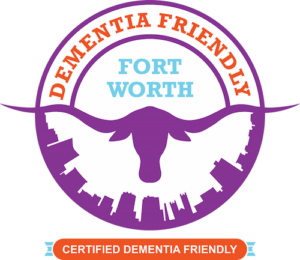Active relaxation techniques for the elderly can reduce stress, improve sleep patterns, and combat the depression and anxiety often associated with memory loss. Members of Civitas communities have access to a range of active relaxation techniques, which offer chances to socialize, build friendships, and learn new skills.
What Is Active Relaxation?
Relaxation can be either passive or active. Passive relaxation describes activities like watching television, playing video games or scrolling through posts on social media. While such activities can be relaxing, people engaged with them don’t actively control the body’s stress response. They might be relaxing, but they’re not learning how to relax.
Active relaxation is different. Active relaxation activities for adults combine enjoyable activities that use movement and breathing to release stress. People are more mindful when engaged in active relaxation, and become aware of how stress affects their body while learning how to relax.
Active Relaxation and Exercise
Exercise is a proven stress-buster, and one of the best ways to promote healthy sleep patterns. For seniors, exercise also helps maintain muscle tone, mobility, and can improve balance, reducing the risk of fall-related injuries. In addition, the group nature of many exercise programs provides an opportunity for socialization and friendship. Seniors can find a sense of community in exercise that combats feelings of loneliness, which in turn causes stress, anxiety, and depression.

Physical relaxation activities for elderly participants focus on low impact, low-intensity exercises with little chance of muscle sprains or similar injuries. Here are some excellent relaxation activities for adults of all ages:
- Bodyweight workouts
- Dumbbell strength training
- Pilates
- Resistance band workouts
- Stretching
- Swimming
- Tai chi
- Walking
- Water aerobics
- Yoga
Seniors with significant mobility issues can still enjoy exercise benefits: Yoga, stretching, and strength training can all be performed while sitting on chairs.
Active Breathing Techniques
Most people breathe incorrectly, which is an odd thing to say about an automatic bodily function. People tend to take shallow breaths that only fill the upper portion of the lungs, limiting the amount of oxygen that enters the body. When stressed, people breathe faster and shallowly, which only increases the body’s stress response.
If you watch a baby or toddler breathe, they take a very different approach. They “belly breathe,” using their stomach diaphragm to fill their lungs with oxygen. Learning to belly breath is one of several active relaxation techniques that centers on breathing:
- Belly breathing: Seniors learn to breathe slowly and deeply from the diaphragm, causing the stomach to rise and fall with each breath instead of the chest. Also called abdominal breathing, belly breathing can be used at any time of day to relieve stress, calm down, and relax.
- Paced breathing: Paced breathing slows respiration and the heart rate, reducing stress and encouraging a positive state of mind. Participants breathe for a count of two to four seconds, then exhale for four to six seconds. During paced breathing, it’s often helpful to actively focus your attention on your breathing or on an object or sound.
- 4-4-8 breathing: This active relaxation technique is a quick way to destress whenever you’re tense, and is designed to calm the nervous system. The exercise is performed while sitting. Breathing through the nose, seniors count to four as they inhale, hold their breath for a count of four, and exhale through the mouth for a count of eight. Repeating this sequence three or four times can quickly calm you.
Aromatherapy for Seniors
Some scents encourage relaxation, so Civitas communities often incorporate aromatherapy into active relaxation activities, including gentle exercise and breathing techniques. Smells have a powerful effect on memory, and can trigger long-forgotten memories while calming the body’s nervous system and improving residents’ mood. Popular scents used for active relaxation include lavender, peppermint, ylang-ylang, and rosemary.
Active Relaxation and Socializing
Social interactions help seniors relax and control stress through sharing, mutual support, and friendship while combating feelings of isolation and depression.
At Civitas, we encourage socialization and the sharing of each resident’s story through our Passion Program. Our residents regularly participate in social activities, such as the Walk to End Alzheimer’s, allowing them to combine active relaxation with a fun community event. Find a senior living community near you and discover a forever home.





